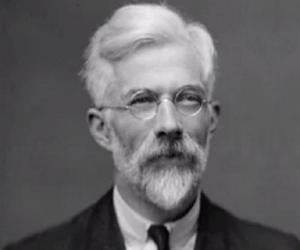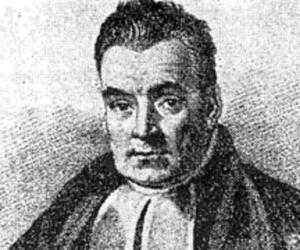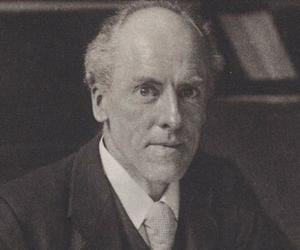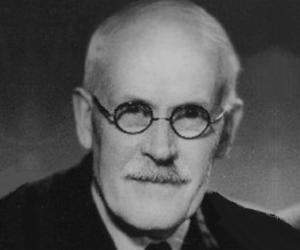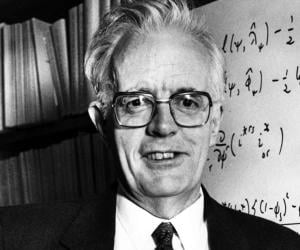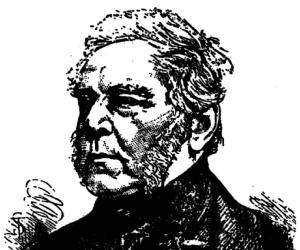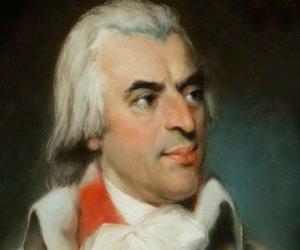1
Ronald Fisher
(Statistician)
Birthdate: February 17, 1890
Sun Sign: Aquarius
Birthplace: East Finchley, London, England
Died: July 29, 1962
Sir Ronald Aylmer Fisher was a British polymath known for his groundbreaking work in statistics, genetics, biology, and academia. His contributions to statistics are considered foundational to modern statistical science, and he is hailed as the most influential scientist of all time based on citations. Fisher established his reputation as a biostatistician at the Rothamsted Experimental Station, where he developed the analysis of variance. He is also recognized as a key figure in population genetics, quantitative genetics, and the modern synthesis of Darwinism. Fisher's work revolutionized statistics, genetics, and evolutionary biology, earning him the titles of the greatest statistician of all time and the most original evolutionary biologist of the twentieth century.
